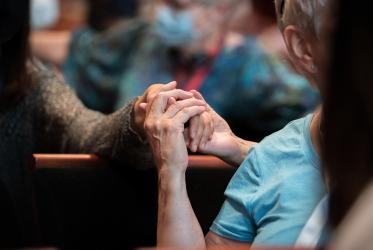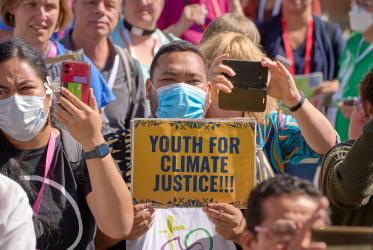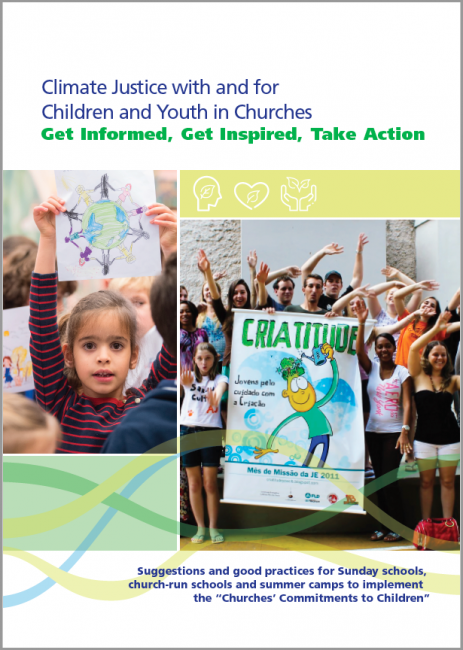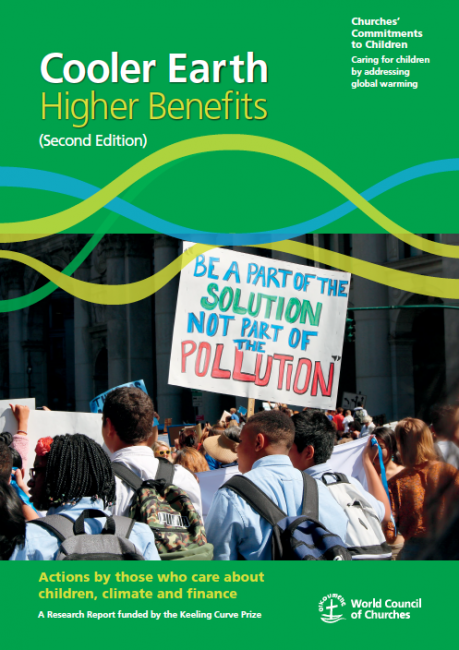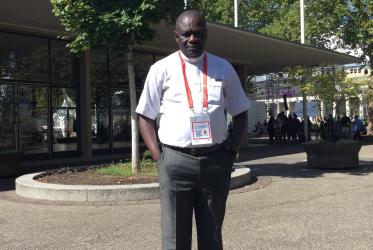Mostrando 81 - 100 de 274
Redes de la sociedad civil en VIH y SIDA y actores religiosos
Lecciones aprendidas del involucramiento estratégico en la India, República Dominicana, Indonesia y Jamaica
07 Febrero 2023
HIV and AIDS Civil Society Networks and the Faith Sector
Lessons Learnt from Strategic Engagement in India, Dominican Republic, Indonesia, and Jamaica
31 Enero 2023
Pandemic and pedagogy: what are the valuable lessons?
21 Diciembre 2022
As Bethlehem prepares for Christmas, ‘it’s all about community’
08 Diciembre 2022
Climate Justice with and for Children and Youth in Churches
Get Informed, Get Inspired, Take Action
09 Noviembre 2022
Cooler Earth – Higher Benefits Second Edition
Actions by those who care about children, climate and finance
09 Noviembre 2022
Gracia Ross: “Luchar contra el VIH es una obligación moral”
04 Octubre 2022
Gracia Ross: “Responding to HIV is a moral obligation”
27 Septiembre 2022





